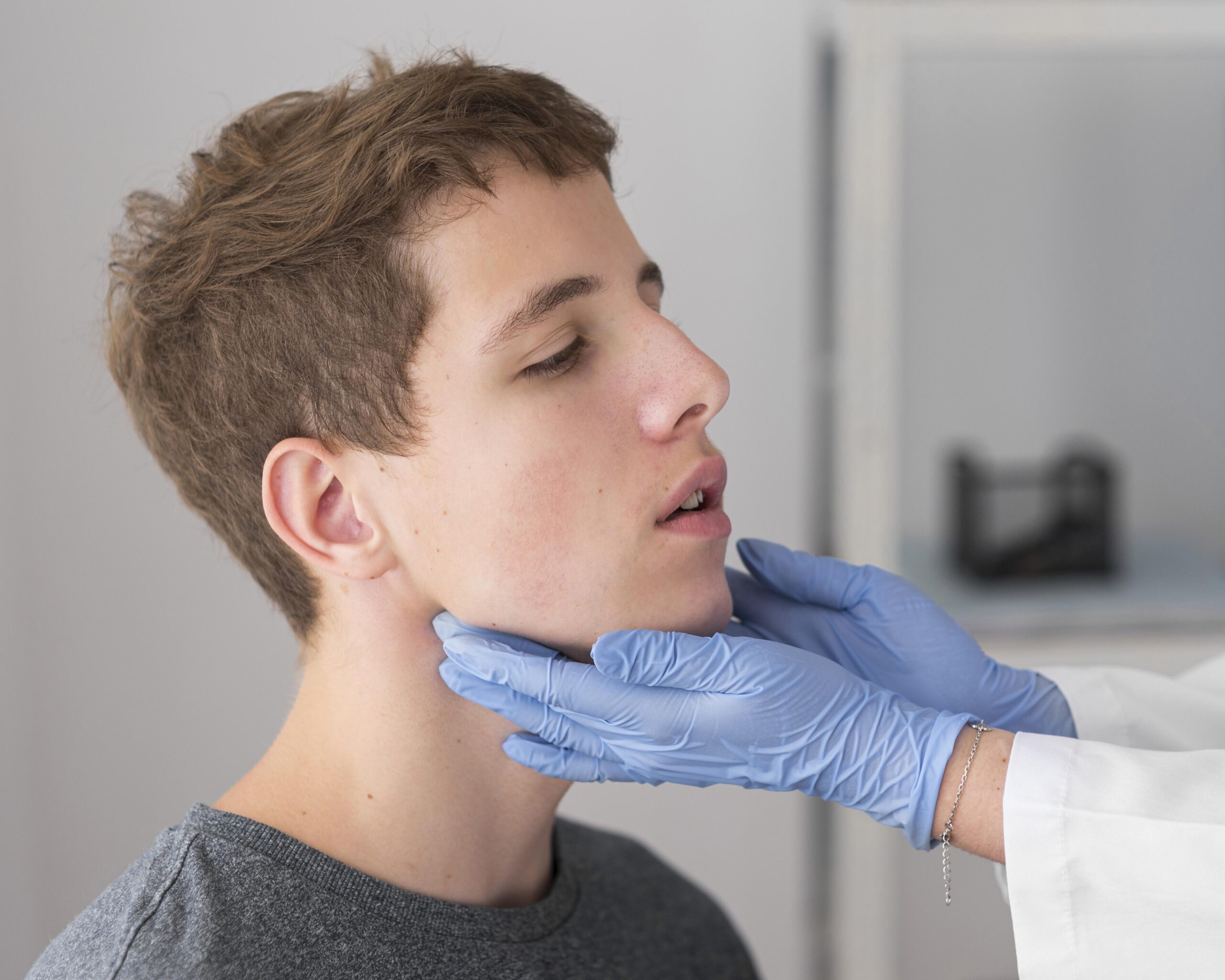


Jaw alignment is a cornerstone of maintaining both oral and overall health. The alignment of your jaw plays a crucial role in ensuring the proper functioning of your bite, speech, and facial structure. When the upper and lower jaws are misaligned, it can lead to a variety of physical and functional challenges, including difficulty in chewing or speaking, chronic jaw pain, tension headaches, and even long-term damage to teeth. At Dr. Sofia Hawelia’s clinic, we prioritize treating jaw alignment issues with precision, care, and the latest advancements in orthodontic technology.
Jaw misalignment, often caused by genetic factors, developmental issues, trauma, or habits like thumb-sucking in early childhood, is more common than many realize. Left untreated, it can significantly impact not just oral health but also overall quality of life. Dr. Sofia and her team specialize in diagnosing these conditions and creating tailored treatment plans to address them effectively. From non-invasive options like braces and aligners to more advanced corrective procedures in severe cases, every treatment is designed to meet the unique needs of each patient.
Treatment begins with a detailed consultation and examination. State-of-the-art diagnostic tools, including digital imaging and 3D scans, are used to assess the root causes of the misalignment. Dr. Sofia then develops a customized plan to restore proper jaw positioning and balance.

Jaw alignment treatment has a ripple effect on your overall health. Proper alignment ensures that the muscles, bones, and teeth function in harmony, reducing the risk of conditions like temporomandibular joint (TMJ) disorders, uneven tooth wear, and sleep disturbances such as snoring or sleep apnea. By addressing jaw misalignment at its core, patients experience not just immediate relief but also long-term benefits in oral health and overall well-being
It is generally recommended to visit the dentist every six months for routine check-ups and cleanings. However, your dentist may suggest more frequent visits based on your oral health needs.
It is generally recommended to visit the dentist every six months for routine check-ups and cleanings. However, your dentist may suggest more frequent visits based on your oral health needs.
It is generally recommended to visit the dentist every six months for routine check-ups and cleanings. However, your dentist may suggest more frequent visits based on your oral health needs.
It is generally recommended to visit the dentist every six months for routine check-ups and cleanings. However, your dentist may suggest more frequent visits based on your oral health needs.
It is generally recommended to visit the dentist every six months for routine check-ups and cleanings. However, your dentist may suggest more frequent visits based on your oral health needs.
Common signs include difficulty chewing, jaw pain, clicking or popping sounds when opening or closing your mouth, frequent headaches, uneven facial features, and even shoulder or neck tension.
Diagnosis involves a comprehensive oral examination, X-rays, and sometimes 3D imaging to identify the exact nature and extent of the misalignment.
Treatments range from orthodontic solutions like braces and aligners to advanced options, including surgical procedures for severe cases. Dr. Sofia will recommend the most suitable approach based on your condition.
Yes, treatment can be effective for both children and adults. Early intervention in childhood often yields faster results, but adults can also benefit greatly from corrective procedures.
Modern orthodontic techniques minimize discomfort. Some treatments may involve temporary soreness as your jaw adjusts, but overall recovery is manageable and well-supported.
We always take care of your smile
+91 9875557353
